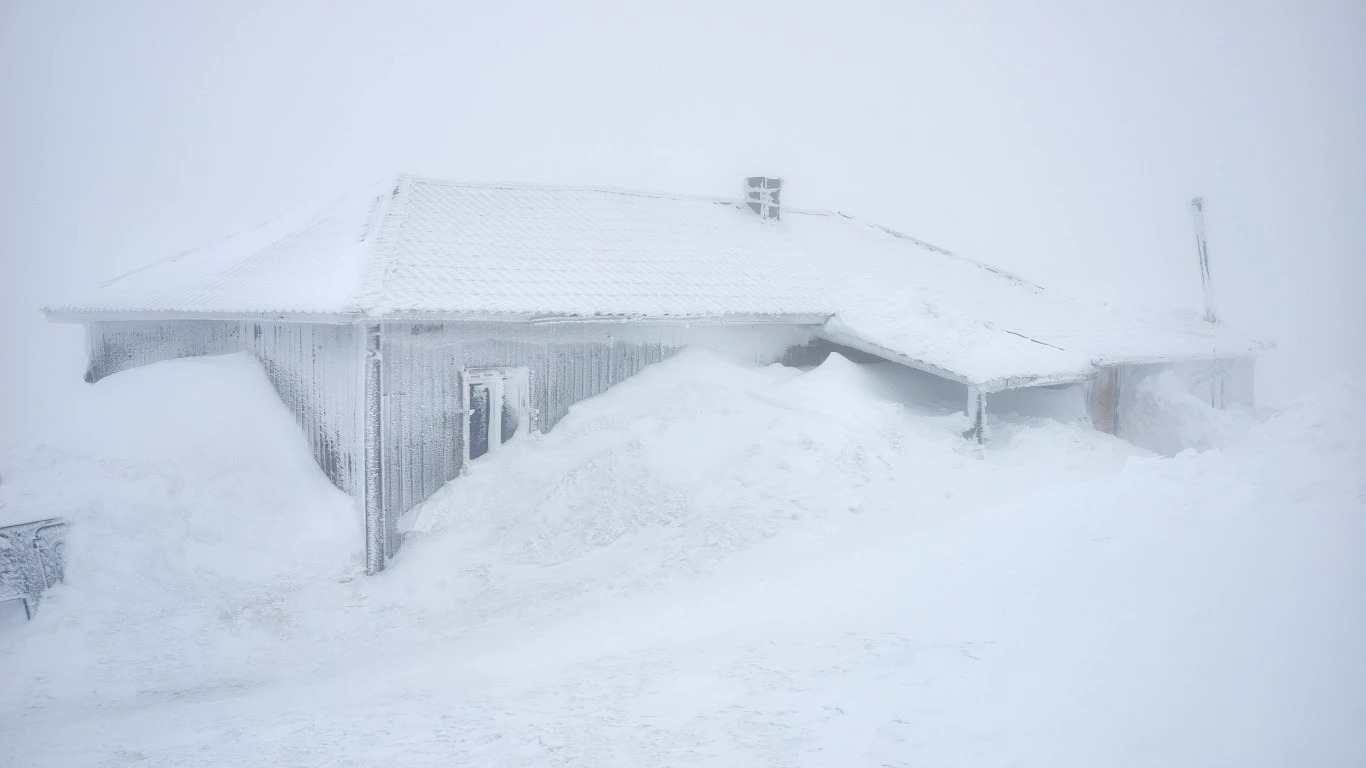
To determine what a nuclear war would do to the world, 24/7 Wall St. pulled information from the book “Nuclear Choices for the Twenty-First Century: A Citizen’s Guide” written by Richard Wolfson, a Benjamin F. Wissler Professor of Physics at Middlebury College, and Ferenc Dalnoki-Veress, a Scientist-in-Residence at the Center for Nonproliferation Studies of the Middlebury Institute of International Studies. Wolfson and Dalnoki-Veress also wrote in MIT Press The Reader a summary of the book, The Devastating Effects of Nuclear Weapons.
Other information was gathered from various media outlets and websites Futurism, and Nuclear War Map. We included various outcomes from nuclear wars since not all possible scenarios are all-out conflicts.
Even though not every scenario involving the use of nuclear weapons ends in Armageddon, the deployment of the most lethal weaponry in a limited or regional conflict has dire consequences for the planet.
A nuclear exchange between India and Pakistan could mean as many as 125 million fatalities. Nuclear-triggered fires would produce smoke that would eventually climb into the stratosphere, where it would spread globally within weeks. There would be a dramatic decline in surface sunlight, global temperatures would fall, and precipitation would drop. There would be famine and mass starvation and possibly other disasters. Recovery would take more than 10 years. (Speaking of India, this is the country with the largest military.)
An all-out war, what experts have called “unthinkable,” probably means the end of our world. Cities would be targeted with multiple weapons, and lethal fallout would cover much of the United States. More than half of the U.S. population would be killed initially, and the survivors would be exposed to radiation high enough to cause lowered disease resistance and greater incidence of fatal cancer.





